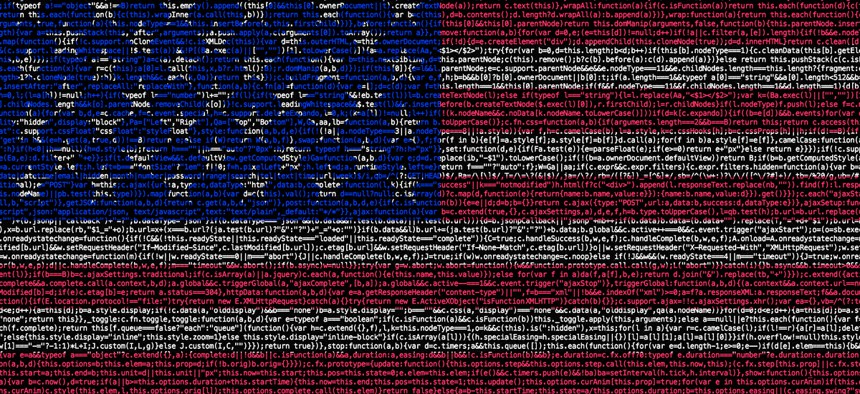Lawmaker to White House: What About National Security Contractors?

BeeBright/Shutterstock.com
The Trump administration needs to clarify relief guidance for defense and intelligence community contractors regarding pay and sick leave, according to Sen. Mark Warner.
Sen. Mark Warner, D-Va., believes the Trump administration’s guidance thus far for government contractors—especially those working in national security—is lacking.
In a letter April 2, Warner called on Office of Management and Budget Acting Director Russell Vought to issue “needed direction” to ensure agencies with national security missions consistently implement portions of the Coronavirus Aid, Relief and Economic Security, or CARES Act.
In late March, President Trump signed the $2 trillion stimulus package, a section of which allows agencies to provide contractors pay and sick leave if they cannot perform work due to COVID-19 restrictions, such as the closing of a contractor or government facility or an inability to telework. However, Warner said he has been made aware of agencies “issuing implementation memoranda that potentially diverge from one another” and called on OMB to “promptly” issue more narrow guidance.
“Without such overarching directive, I fear that agencies and their contracting officers will take disparate approaches, leading to uncertainty and instability in the contractor industrial base, if not a permanent loss of capability,” Warner said in a statement. “In addition, I want to avoid draconian cutbacks that may create significant counterintelligence risks.”
Warner specifically requested OMB issue guidance that:
- Fully endorses and supports contractors teleworking or otherwise working remotely, and payment therewith, consistent with mission requirements, law, and Office of Personnel Management memorandum M-18-20, “Managing Federal Contract Performance Issues associated with the Novel Coronavirus (COVID-19).”
- Applies equally to contractor work conducted at government or contractor facilities or sites, whether they support unclassified or classified work.
- Provides a fair cost reimbursement methodology that allows for reasonable direct and indirect costs and in-progress payments for work normally paid on a lump-sum basis.
- Provides standard contract modification language, preferably made available within 15 days of issuance of OMB guidance, to maintain ready state (on-call) contractor capability, reflects dependencies on subcontractors and suppliers whose performance may be impaired by COVID-19, and adjust contract performance issues, including reductions in scope or schedule changes due to COVID-19.
- Allows expedited consideration of extensions in periods of performance and adjustments in contract ceiling values to minimize unnecessary disruption in contract execution for the duration of the emergency.
- Applies to contractor work done for all government agencies to the greatest extent practicable to promote consistency for existing and new work.
Stan Soloway, president of Celero Strategies and former defense official, said the COVID-19 outbreak puts the intelligence community “in a very tough situation,” testing the boundaries of any agency’s continuity of operations plan. Work under national security missions still has to be carried out by personnel designated as “essential,” and companies are contractually obligated to support those missions, yet the vast majority of what is done “has to be done in the building due to security requirements,” Soloway said. In traditional disaster scenarios, cleared personnel continue their work in secure government or contractor facilities, but the nature of the COVID-19 pandemic “means there is no safe space—no wall you can work behind without potentially being exposed,” Soloway said.
The confusion caused by the pandemic has led agencies to take various approaches that directly affect their workforce and contracted personnel. The Department of Homeland Security announced it will enhance the screening process for all personnel entering DHS facilities. Some facilities will require personnel to submit to a temperature check and questioning; those whose temperature is above 100.4 degrees will not be allowed entry.
RELATED PODCAST






